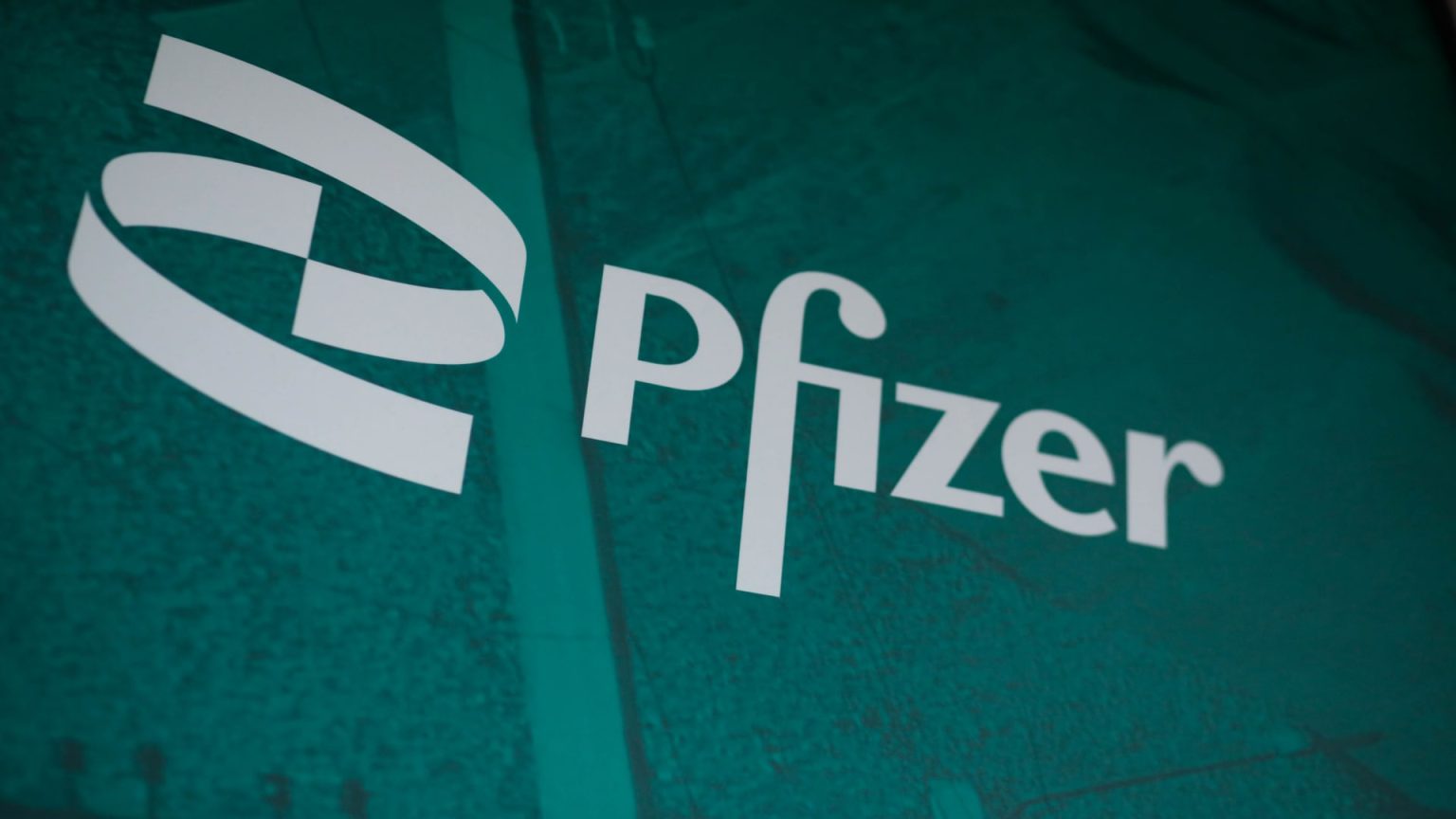Pfizer’s experimental drug for cancer cachexia, a condition that causes cancer patients to lose appetite and weight, showed positive results in a midstage trial. Patients who took Pfizer’s monoclonal antibody treatment saw improvements in body weight, muscle mass, quality of life, and physical function. The drug, ponsegromab, could potentially become the first treatment approved specifically for cancer cachexia, benefiting the 9 million people worldwide affected by the condition. The high mortality rate of 80% of cancer patients with cachexia within one year of diagnosis makes this advancement significant.
Cancer cachexia is characterized by significant fat and muscle loss due to inadequate food intake, leaving patients weak, fatigued, and unable to perform daily activities. It can hinder the effectiveness of cancer treatments and lower survival rates. Pfizer’s ponsegromab aims to address this unmet need by improving patients’ wellness, ability to care for themselves, and potential to tolerate more treatment. The drug reduces levels of growth differentiation factor 15 (GDF-15), a protein that impacts appetite by binding to receptors in the brain. The study involved patients with non-small cell lung, pancreatic, and colorectal cancer who had high levels of GDF-15.
Results from the trial showed that patients who received the highest dose of ponsegromab experienced a 5.6% increase in body weight compared to the placebo group after 12 weeks. Patients who took lower doses also saw increases in body weight, with the drug showing a positive impact on appetite and physical activity. Safety concerns were minimal, with a small percentage of patients experiencing treatment-related side effects. Pfizer is in discussions with regulators regarding late-stage development plans and aims to begin studies in 2025 to seek approval for ponsegromab for cancer cachexia.
The data on ponsegromab was presented at the European Society for Medical Oncology 2024 Congress and published in The New England Journal of Medicine. Pfizer has not disclosed the estimated revenue potential of the drug, which may have applications beyond cancer cachexia. The company is also studying the drug in a phase two trial for patients with heart failure, another condition associated with cachexia. By targeting GDF-15, Pfizer’s drug aims to improve appetite and weight maintenance in patients with chronic conditions such as cancer.
Pfizer’s head of discovery and early development, Charlotte Allerton, highlighted the importance of ponsegromab in addressing the symptoms of cancer cachexia and improving patients’ quality of life. The drug’s ability to promote weight gain and enhance appetite makes it a promising treatment option for cancer patients struggling with the debilitating effects of cachexia. The potential approval of ponsegromab as a targeted therapy for cachexia represents a significant advancement in the field of cancer care, offering hope to millions of patients worldwide suffering from this life-threatening condition.


